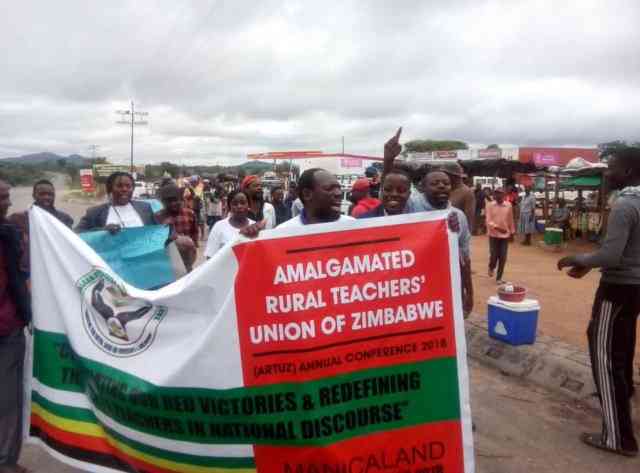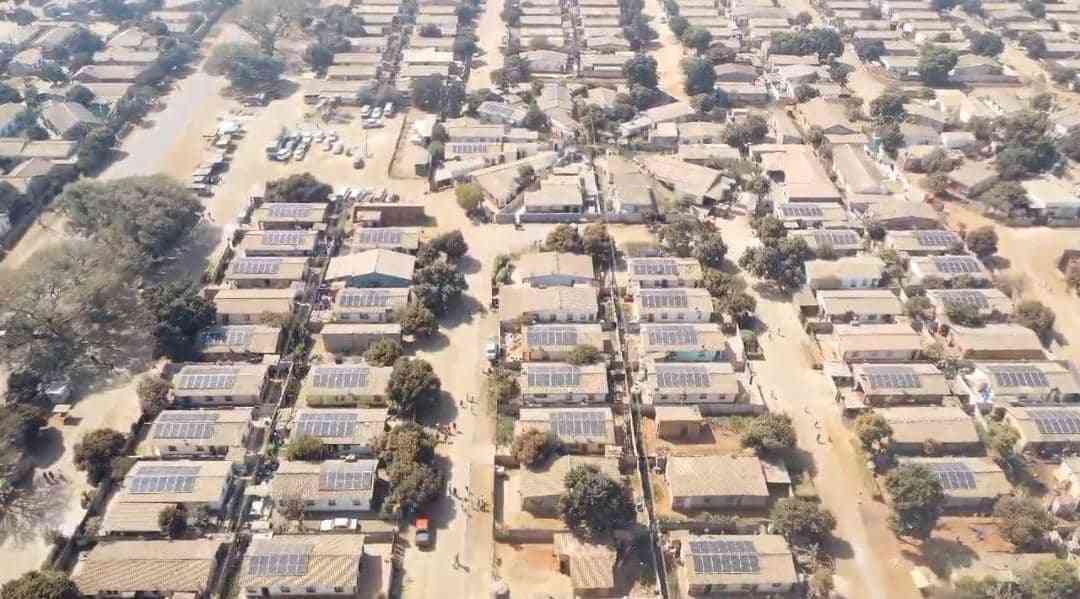
BY VANESSA GONYE
THE Amalgamated Rural Teachers Union of Zimbabwe (Artuz) has unveiled an alternative education financing model for the post-COVID-19 era.
Its model identifies critical sources of funding for the education sector, and will be shared with policymakers to help them reimagine education financing.
In the paper, titled Beyond geographies of inequality: Public education financing in post-COVID-19 Zimbabwe, Artuz called for increased focus on the education sector to ensure that rural communities are prioritised in the schools digitisation strategy.
“The Universal Service Fund (USF) introduced in 2002 is meant to improve communication in marginalised communities. The paper argues that this fund should be channelled towards enhancing internet connectivity in rural schools. The paper further challenges policymakers to channel the 6% rural electrification tax contribution paid when purchasing electricity towards electrification of rural schools,” read part of the document.
Artuz said given the evolving education landscape and thrust towards new forms of teaching, USF holds the key to rural communities’ access to digital infrastructure/online education.
“The USF is meant to address the issue of key national passive telecommunications infrastructure deficits in the country, which will go a long way in contributing solutions to the inadequate and unequal access to education, information and the media in marginalised communities.
“The government must take lessons from other countries such as Mexico where teachers fall over each other to teach in rural schools because of the considerable allowance,” Artuz pointed out.
- Young entrepreneur dreams big
- Chibuku NeShamwari holds onto ethos of culture
- Health talk: Be wary of measles, its a deadly disease
- Macheso, Dhewa inspired me: Chinembiri
Keep Reading
It also suggested that government and relevant stakeholders need to expand the provision of online education and training, as well as broader community development by evaluating the availability of communication networks and the cost of connectivity across the country through USF.
“Prices of data, smartphones and wifi are exorbitant and exclusionary. As such, a review will increase participation of marginalised communities,” the report further recommended.
The education sector had been affected by low teacher morale, largely stemming from low pay and poor conditions of service.
- Follow us on Twitter @NewsDayZimbabwe










